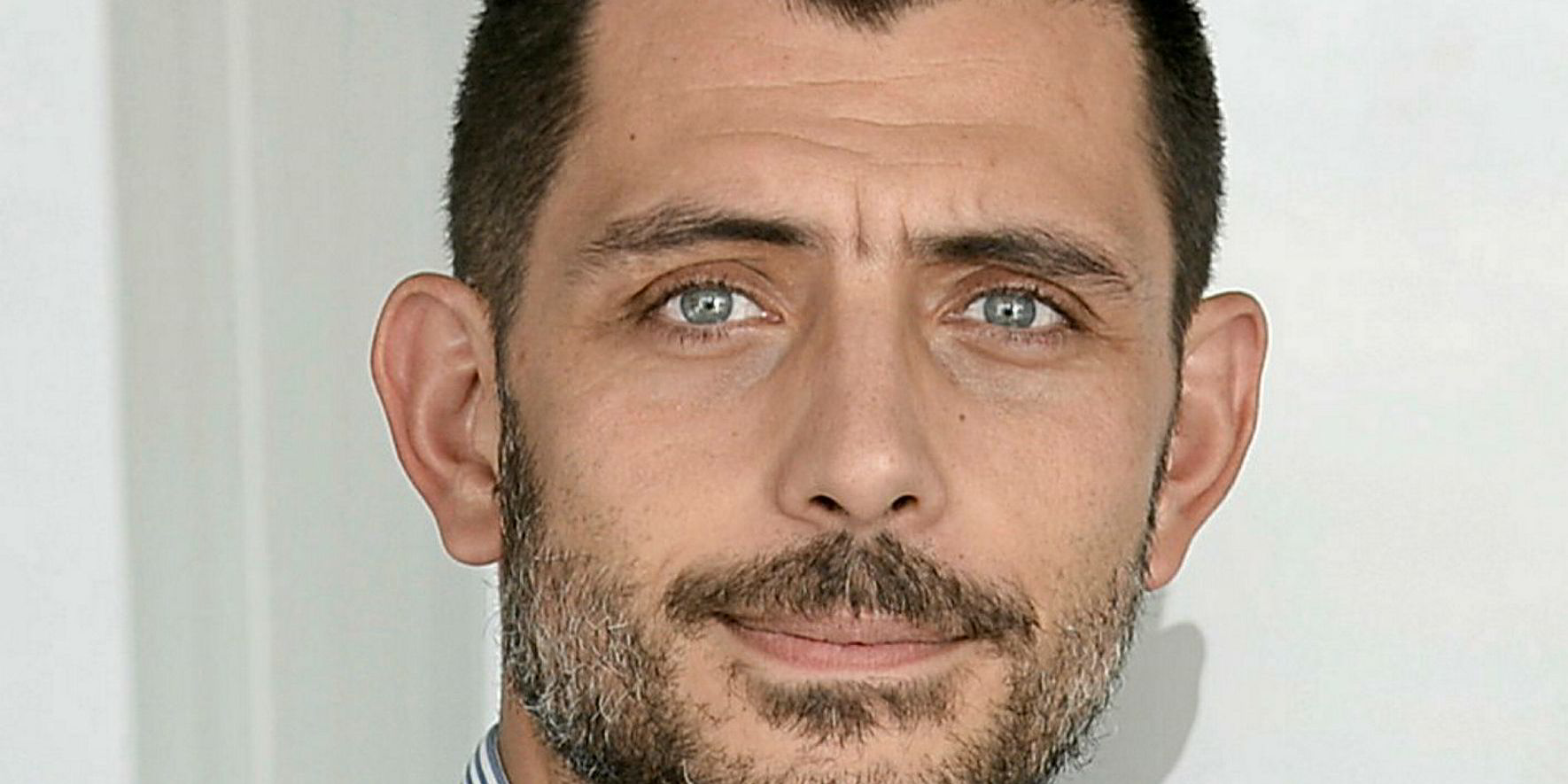CMA CGM will create a blacklist of shippers involved in illicit shipments of fauna and flora.
The French liner giant will "police" the trades of an array of products ranging from endangered rainforest timber to shark fins.
It has taken its first step by imposing an immediate moratorium on shipments of rosewood timber from Africa, and will probably expand the policy to include South America.
The approach is spearheaded by Guilhem Isaac Georges, the company's director for corporate social responsibility.
He said the measures have support from chairman Rodolphe Saade, a keen advocate of environmental issues.
The approach is part of a wider review that last year saw CMA CGM announce it would not use Arctic routes for its vessels due to environmental concerns.
'As bad as climate change'
"Biodiversity collapse for us is exactly an issue with the same gravity as climate change," Georges said. "We need to take measures on this."
The first steps involve tough measures to restrict the illicit trafficking of rosewood from the Gambia.
Georges said the carrier will investigate shipments after a tip-off by Washington-based lobby group Environmental Investigation Agency.
The company's own investigation left it in little doubt that rosewood is being shipped in breach of the Convention on International Trade in Endangered Species of Wild Fauna and Flora (Cites).
"We are now pretty sure our procedures need to be enforced," he said.
CMA CGM will first place a moratorium on all wood from the Gambia, because of a "very vague" national customs code that allows "almost anything" to be shipped with unprocessed wood.
"The only efficient response is to put in place this moratorium until the Gambian authorities put in place new rules," Georges said.
Adding more names to the list
The tighter measures for preventing shipping of protected fauna have drawn comparisons with measures to prevent shipment of weapons, drugs and chemicals.
"Protected species are not dangerous commodities, but they contribute to deforestation and biodiversity collapse and we cannot be part of this," he said.
CMA CGM will draw up a blacklist of exporters suspected to be involved in illicit trafficking.
Only two shippers from the Gambia have been included so far, but "we will add some and many names in the coming months and years".
CMA CGM will also act to shift legal responsibility for shipments from the shipping company and on to the shipper.
Shippers in the Gambia will be required to expressly state whether any cargo is covered by Cites.
That would in effect see CMA CGM "playing with the fear of policemen", Georges said.
Rival carriers
One concern is that shippers might simply shift to rival carriers with more relaxed export rules.
But Georges hopes CMA CGM will be able to establish "a new standard in protected species".
"I hope other companies will follow. I don’t really see how they couldn’t."
CMA CGM has been here before. It took action to stem the export of rosewood from Madagascar eight years ago, but the effort was not publicised, he added.
"The strategy is different now. We think that making it public contributes to placing pressure on the sector and on the governments which aren't really playing their role."
The policy is expected to be expanded to other geographies.
In West Africa, countries such as Guinea and Nigeria have illicit wood exports, but the carrier is also looking at other continents.
"We probably going to face in the coming months some similar issues in South America," Georges said.
"Brazil is exporting many types of wood and timber and [we will] probably find some problems."
The policy may also apply to other commodities. CMA CGM is working on a screening tool to help identify misdeclaration of shark fins.
The company would work in tandem with international bodies including Cites and the World Customs Organization.







